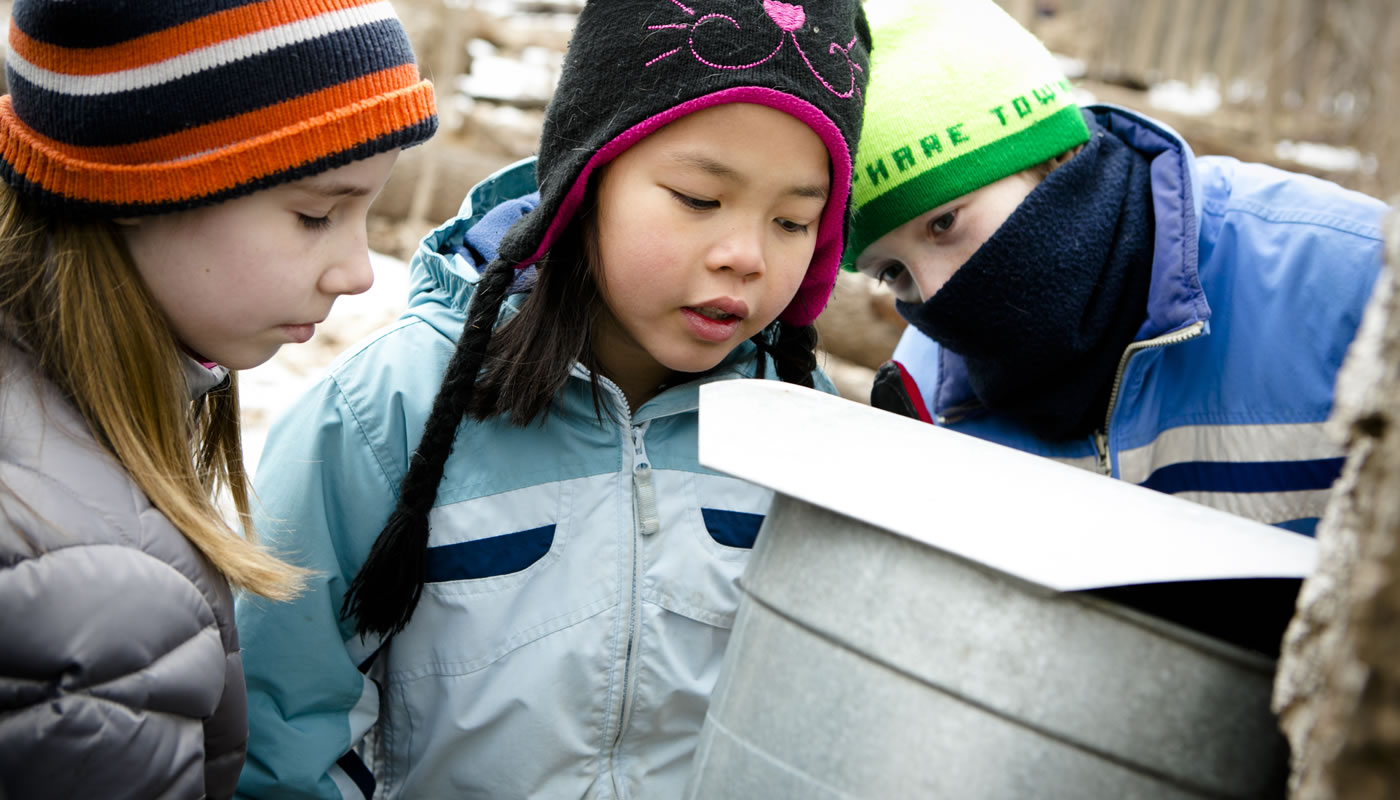By the end of February, many Chicagoland residents may be daydreaming of warmer weather, shedding their big winter jackets, opening windows to let a cool breeze to flow in, and looking upward to allow the sun to shine on their faces. However, as many of us have experienced, Mother Nature often has other plans this time of year.
While it may be easy to become anxious after experiencing a nice day only to be unwillingly thrust back into wintry weather, it’s important to know that freezing conditions, as well as the ever-fluctuating temperatures, have many benefits. For pancake and waffle lovers, a major benefit of swaying temperatures is sweet, delicious maple syrup.
Throughout summer, sugar maple tree leaves are busy basking in the sunlight and producing a sweetened sap as a source of food for itself. As summer fades into winter, this sweet sap is stored within the sugar maple, waiting for spring to begin feeding the tree, enabling the trees to sprout new leaves and flowers. This build-up of sap will mean tasty things come the following March.
As winter makes the slow transition to spring, days become warmer and nights remain freezing. The constant change in weather produces pressure beneath the sugar maple’s bark. As the sugar maple goes through the repetitive cycle of freezing and thawing from these weather changes, sap is being pushed throughout the tree. Fortunately, indigenous people learned long ago that by making a small hole in the sugar maple tree and releasing the pressure, the sap will flow outward.
Direct from the sugar maple, the sap may not taste sweet to humans – it’s about 97% water to 3% sugar. Maple syrup producers take the collected sap, often using a spile that is gently pounded into the hole with a bucket hanging below, and begin the process of boiling it down.
By boiling the sap, some of the water will be evaporated, leaving a product that is at a sweeter water to sugar ratio. For maple syrup, that typically means about 34% water and 66% sugar. The sap can be boiled down further to create maple flavoring and maple sugar.
Keep an eye out for maple syrup events at River Trail Nature Center each February and March.

